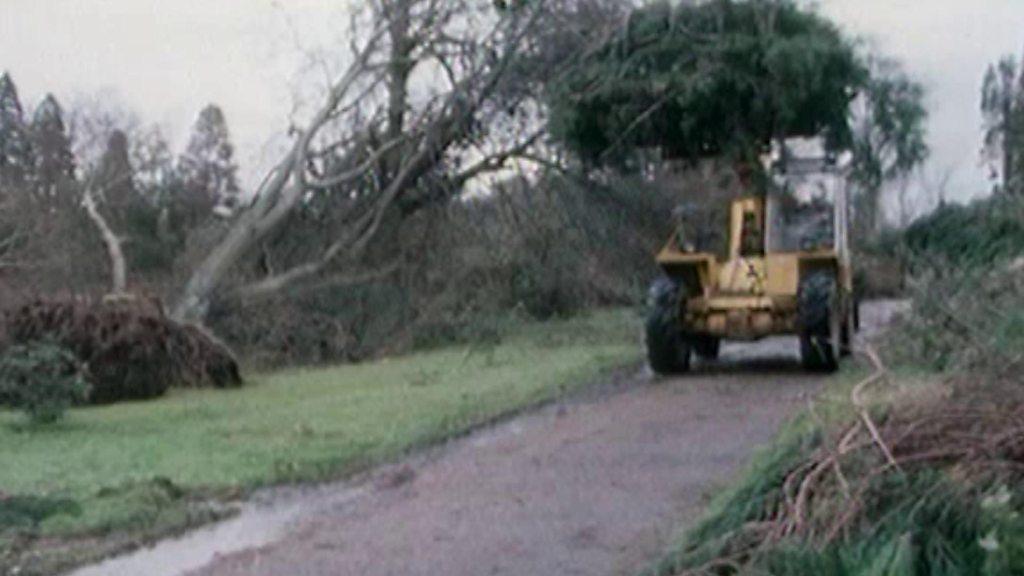Wakehurst closes nature reserve due to deadly disease
- Published
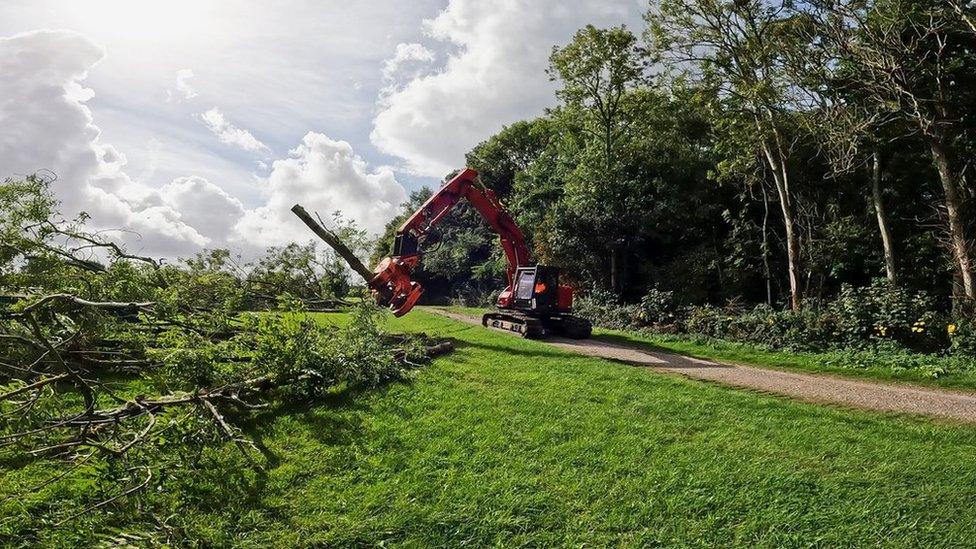
Wakehurst will close Kew's Loder Valley - the most significant closure in its history
A 150-acre nature reserve in West Sussex has been forced to close while experts take action against the deadly fungus ash dieback.
Wakehurst has closed the Loder Valley Nature Reserve - the most significant closure in its history - to carry out vital felling work.
Ash dieback - discovered in the UK 10 years ago - is expected to kill up to 75% of the UK's ash trees, experts say.
Wakehurst said the works are expected to last "several months".
'Dangerous but extremely vital'
Arboretum manager Russell Croft said diseased trees pose a risk to visitors, with experts at Wakehurst working across wetlands, meadows and woodlands to prevent trees and branches from falling on to public paths.
"We have already made strong progress removing infected ash trees from roadsides around Wakehurst, as well as other areas within the gardens," he said.
"The safety of our visitors and staff is our priority, so it's essential we reduce and prevent the signs of ash dieback in our woodlands.
"Due to the instability of the trees, this is dangerous but extremely vital work."
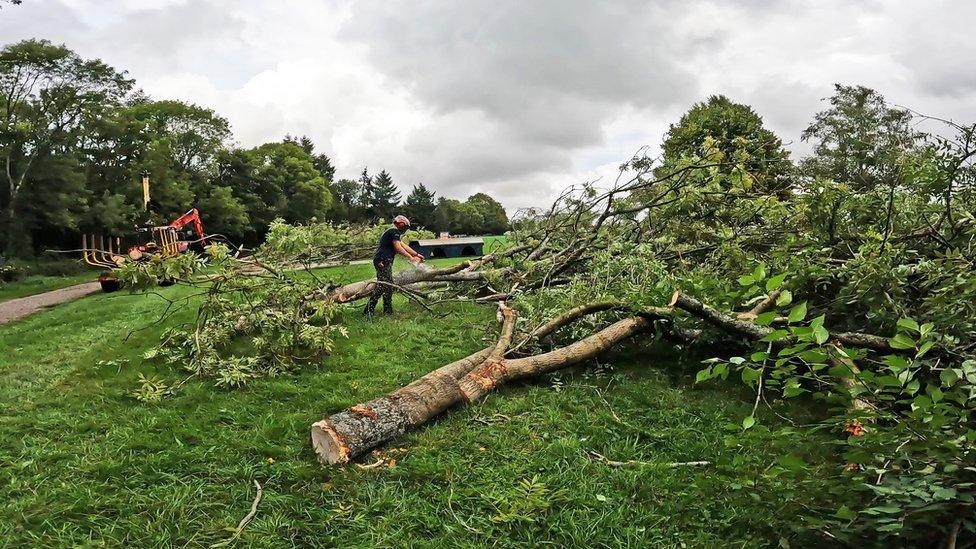
The tree felling work is due to last several months
This is the first time Wakehurst has had to close such a considerable stretch of the gardens near Haywards Heath since opening as Kew's sister site in 1965 after the arboretum team found 90% of ash had signs of ash dieback.
Wakehurst director Ed Ikin said recent extreme weather, such as drought stress, has accelerated ash dieback's spread.
He said: "The closure of our nature reserve marks a pivotal moment in our history, as we fight this deadly disease, and serves as a reminder of how the work we undertake at Kew is critical to combat the twin threats of biodiversity loss and climate change."
With promising signs that some ash trees are tolerant to dieback, Wakehurst's researchers are looking to generate a new population of resilient ash.

Follow BBC South East on Facebook, external, on Twitter, external, and on Instagram, external. Send your story ideas to southeasttoday@bbc.co.uk, external.
Related topics
- Published16 August 2022
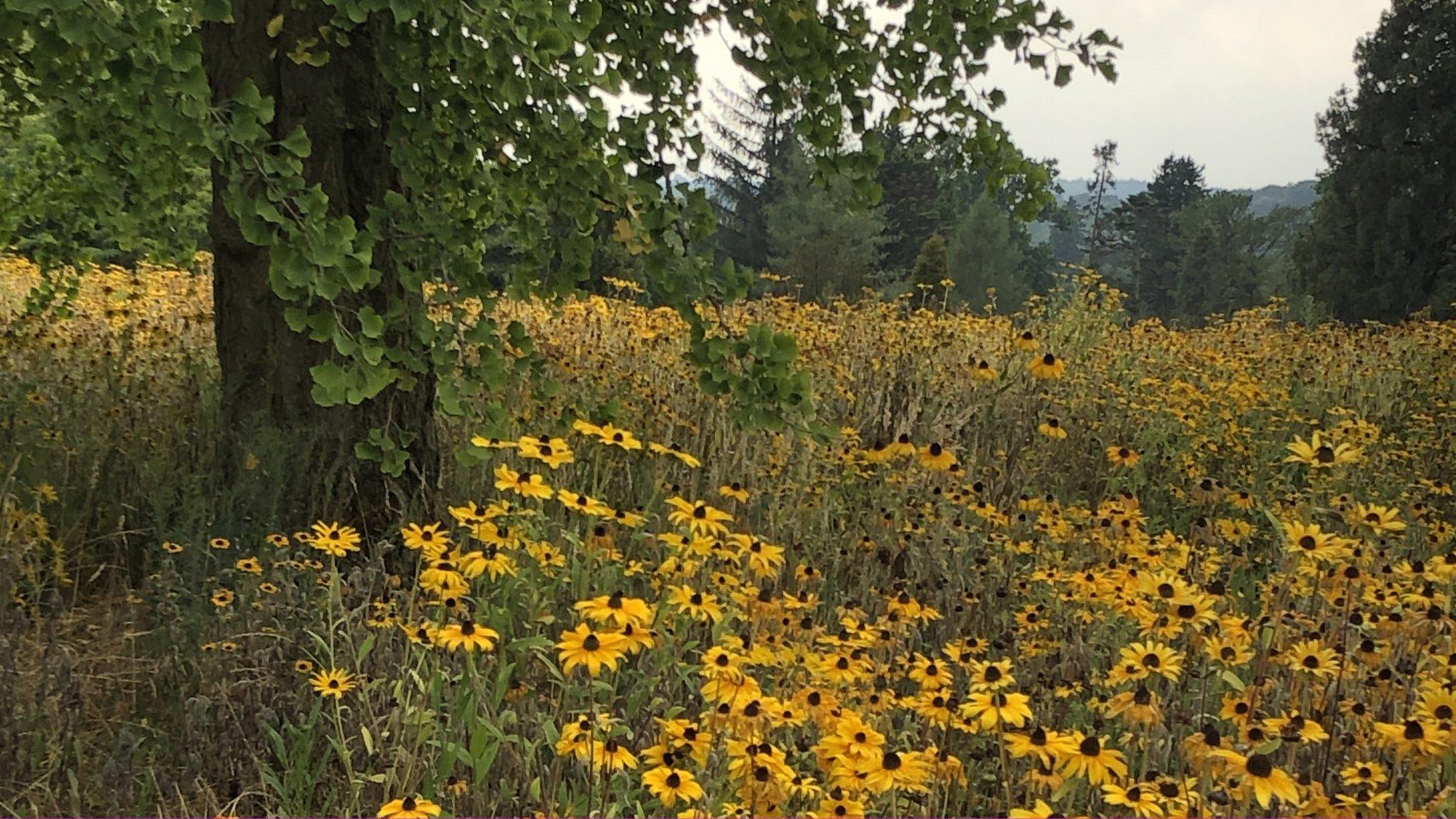
- Published22 February 2022
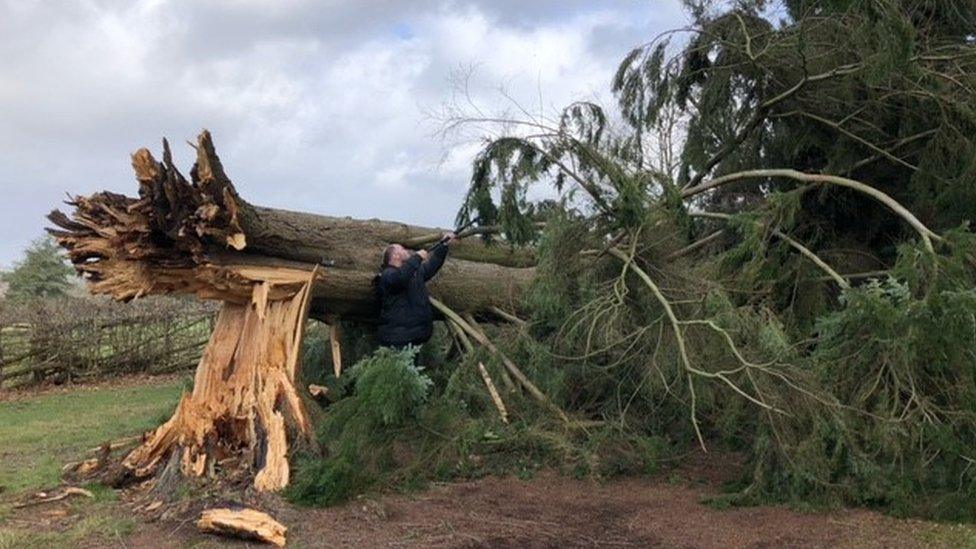
- Published15 October 2017
